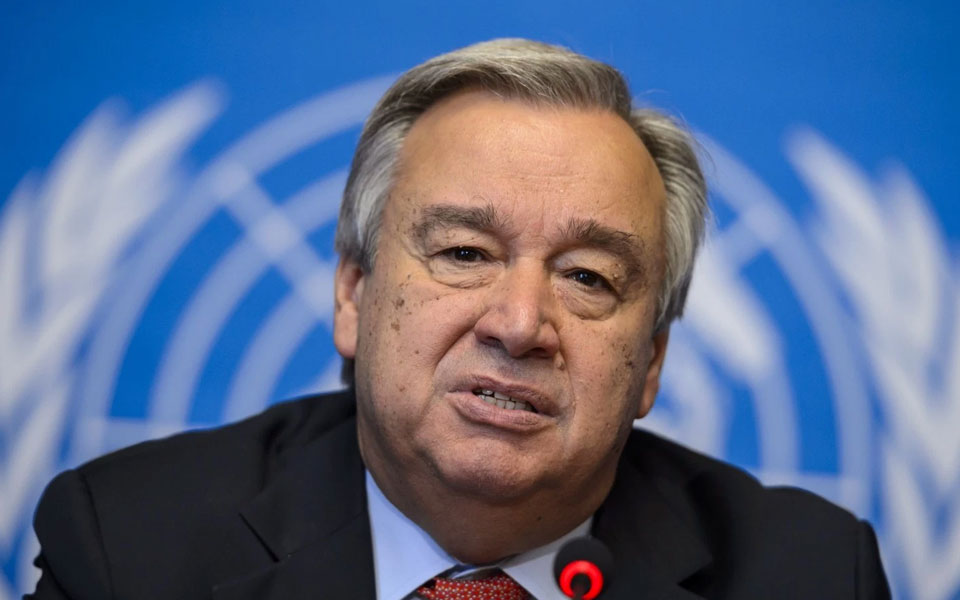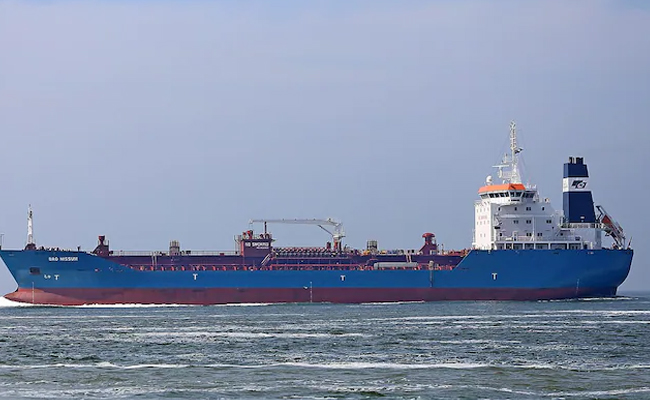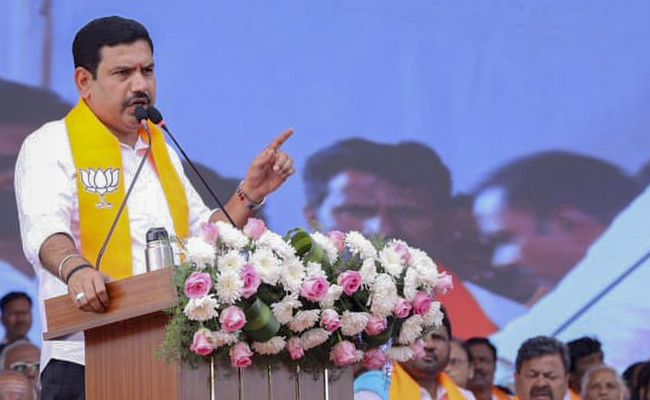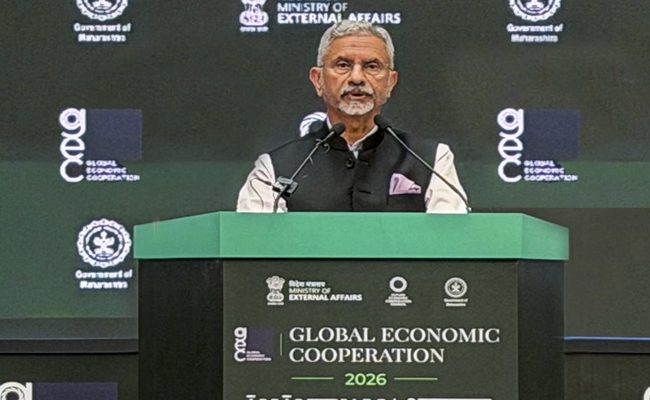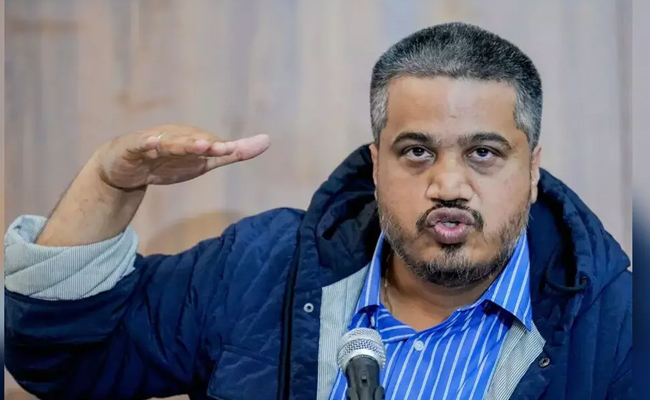United Nations: UN chief Antonio Guterres has recalled the Simla Agreement of 1972, a bilateral agreement between India and Pakistan that rejects third-party mediation in Kashmir after Islamabad asked him to play his "due role" following New Delhi's decision to revoke Jammu and Kashmir's special status.
Guterres' spokesman Stephane Dujarric said at the daily press briefing that the Secretary General has been following the situation in Jammu and Kashmir "with concern and makes an appeal for maximum restraint".
The Secretary-General also "recalls the 1972 Agreement on bilateral relations between India and Pakistan, also known as the Simla Agreement, which states that the final status of Jammu and Kashmir is to be settled by peaceful means, in accordance with the Charter of the United Nations.
The emphasis by the UN Chief on the Simla Agreement, that states that Kashmir is a bilateral issue between India and Pakistan and does away with any third-party mediation, comes just a day after Pakistan's envoy to the UN Maleeha Lodhi met Guterres' Chef de Cabinet Maria Luiza Ribeiro Viotti asking the Secretary General to "play his due role" following India's decision on Monday to revoke Article 370.
Lodhi also met President of UN Security Council for the month of August Polish Ambassador Joanna Wronecka over Kashmir.
"No comments," Wronecka said at the Security Council stakeout at the UN headquarters Thursday, walking away as she was asked about the letter from Pakistan Foreign Minister Shah Mahmood Qureshi to the Security Council on Kashmir.
It needs to be noted here that the Secretary General did not offer his good offices nor did he make any offer to mediate between India and Pakistan on Kashmir. Instead he referred to the Simla Agreement, which is a bilateral agreement between India and Pakistan and rejects any third-party mediation in the issue.
Guterres also called "on all parties to refrain from taking steps" that could affect the status of Jammu and Kashmir, comments that come in the wake of Pakistan's decision to downgrade diplomatic relations with India and suspend bilateral trade.
Pakistan also announced that it will not be sending its High Commissioner-designate to India. Pakistan's new High Commissioner Moin-ul-Haq was expected to leave for India this month to take up his responsibilities.
Dujarric said the "position of the United Nations on this region is governed by the Charter of the United Nations and applicable Security Council resolutions."
When asked if the Secretary General plans to bring the Kashmir issue to the Security Council, Dujarric replied, "I'm not aware of any plans to brief", adding that the letter from the Pakistani Foreign Minister was circulated to the Security Council at their request.
"There've been contacts from the Secretariat both with Indian authorities and the Pakistani authorities," he said, adding that contacts have been made between the UN Secretariat and the Permanent Missions of India and Pakistan.
When asked to be more specific on the position of the United Nations, Dujarric said "I'm not going to go into any more specifics."
On whether the Secretary General thinks that there is a need to monitor the situation in Kashmir closely through a Special Envoy, Dujarric said: "The Secretary-General is following the situation very closely. The Secretariat is following the situation very closely, but I have nothing to announce or to hint at towards the issue of a Special Envoy.
Let the Truth be known. If you read VB and like VB, please be a VB Supporter and Help us deliver the Truth to one and all.
Jaipur (PTI): A man from Nagaur district in Rajasthan has gone missing after a missile struck an oil tanker he was aboard near Oman amid the ongoing conflict involving the United States, Israel, and Iran, according to his family members.
The family said they received information that an Iranian missile hit the vessel on the morning of March 1 while it was stationed at Khasab Port, causing significant damage to the ship.
Dalip Singh, the missing crew member, is a resident of Khinwatana village in Nagaur and began his duty on January 22.
He was serving as a crew member on the tanker operated by Skylight Company. At the time of the attack, Dalip was in the forward section of the ship with another crew member, Ashish Kumar, who hailed from Bihar. While Kumar's body has been recovered, Dalip remains untraceable, his brother Devendra Singh said.
Devendra further mentioned that the company informed them that most of the crew members were evacuated safely during the attack. However, Ashish and two others, including Dalip, have gone missing.
He noted that Dalip last spoke to the family on February 28.
Additionally, another man from Nagaur district, Sunil Kumar, was also working on the same vessel. Dalip is said to have taken over duty in the shift after Sunil completed his assignment, Devendra added.

